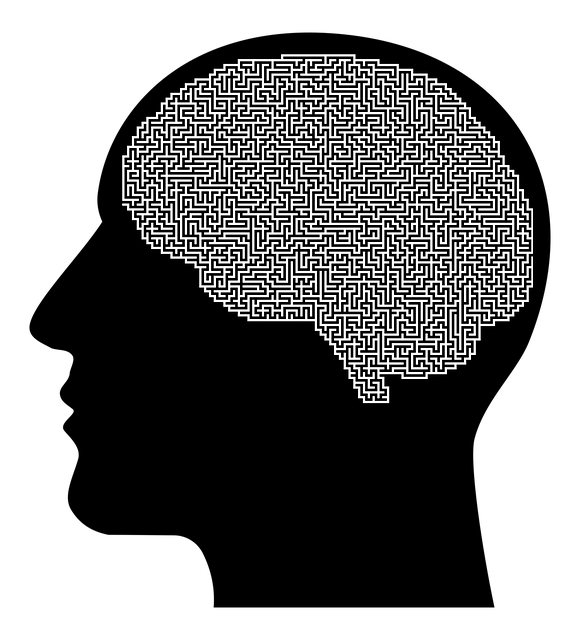Understanding trauma is crucial in supporting elders, as it significantly impacts their mental health and well-being. Many carry unseen scars from past experiences like war, loss, or long-term family raising, which can manifest as physical and psychological issues. Tailored therapy helps them process traumas, develop coping mechanisms, and regain purpose. Key interventions include therapy for elders and equipping them with parenting skills, focusing on empathy, safe spaces, emotional regulation techniques, and stress management. Programs specifically tailored for aging caregivers facing parenting roles are vital in improving relationships and mental wellness for both caregiver and child.
Trauma support services are often overlooked yet crucial in addressing the unique challenges faced by the elderly. This article explores three critical aspects of providing care and healing. First, we delve into understanding trauma and its profound impact on elders, particularly within the context of aging care. Next, it examines effective therapy strategies tailored for this demographic. Finally, it highlights the significance of enhancing parenting skills through support programs aimed at aging caregivers. By focusing on these areas, we can significantly improve the quality of life for our elderly population.
- Understanding Trauma and Its Impact on Elders
- Providing Effective Therapy for Elderly Individuals
- Enhancing Parenting Skills: Support for Aging Caregivers
Understanding Trauma and Its Impact on Elders

Understanding trauma is essential when providing support for elders, as it can significantly impact their mental health and overall well-being. Elders, who have often lived through various life challenges and significant historical events, may carry unseen scars from past traumas. These could include experiences such as war, loss of loved ones, domestic abuse, or even the stress of raising families over several decades. Unaddressed trauma can lead to a range of issues in later life, affecting both physical and psychological health.
Providing therapy for elders is crucial in helping them process these past experiences and develop effective coping mechanisms. Through tailored support, elders can learn valuable parenting skills to navigate challenging situations, enhance their resilience against burnout prevention, and cultivate mental health awareness. By addressing trauma, care services can empower the elderly to rebuild their lives, fostering a sense of purpose and empowering them to overcome barriers that may have previously hindered their happiness and peace of mind.
Providing Effective Therapy for Elderly Individuals

Elderly individuals often face unique challenges when it comes to trauma support, and providing effective therapy tailored to their needs is essential. Many older adults experienced significant life events in their younger years, such as war, poverty, or family trauma, which can resurface as they age, leading to anxiety relief and emotional distress. Therapy for elders should focus on building empathy between the therapist and client, fostering a safe space where they feel understood. This process helps them reconnect with their feelings and begin the journey of healing.
Parenting skills, though not directly related to younger generations, can be invaluable in therapy sessions for elderly clients. Therapists can guide older adults in recognizing and managing emotional responses, teaching them techniques for emotional regulation similar to those used in parenting. By utilizing empathy-building strategies, therapists create a supportive environment that encourages open communication, allowing individuals to process their past traumas and improve their overall well-being.
Enhancing Parenting Skills: Support for Aging Caregivers

Many aging caregivers take on the role of raising children, often facing unique challenges alongside their daily caregiving responsibilities. Enhancing Parenting Skills programs specifically tailored for this demographic are essential in supporting both the caregiver and the child. These initiatives focus on nurturing emotional regulation and coping skills development through therapy for elders parenting skills. The goal is to strengthen relationships by empowering caregivers with effective communication techniques, conflict resolution strategies, and stress management tools.
By providing mental wellness coaching programs that cater to aging parents, we acknowledge the importance of their role in a child’s life. Such support enables caregivers to navigate the complexities of parenthood later in life, ensuring improved mental wellness and fostering healthier environments for children to thrive. This development is crucial in promoting overall emotional well-being and creating positive outcomes for both generations.
Trauma support services tailored for elders and their caregivers are essential components of holistic care in today’s society. By understanding the unique impact of trauma on older individuals, we can provide effective therapy that addresses specific needs. Enhancing parenting skills through support programs empowers aging caregivers, fostering healthier relationships and improved quality of life for all involved. Integrating these services ensures a comprehensive approach to healing and well-being, particularly in recognizing and addressing the often-overlooked trauma faced by elders.














